In February 2020, just after returning home from studying abroad, I was met with a pandemic that would change the world. Going out was restricted to the bare minimum, and the only places I occasionally visited were quiet stretches of nature with no one around. I decided I couldn’t let myself waste away, so I took up meditation and yoga, and once again began studying English. Additionally, I transferred to an online university, and my life quickly shifted toward “study” and “exercise.” Naturally, the resolve to let go of what I didn’t need to focus on grew stronger within me.
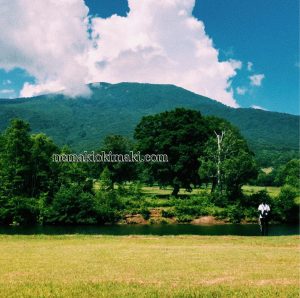
↑ Days healed by the great outdoors are within reach of home.
What I parted with, painfully, were my beloved vintage American toys—ten years of collecting since I was fifteen, and two million yen invested in them. Letting go of these companions of both joy and sorrow was incredibly difficult. Still, I knew collectors were waiting for them, just as I once had. They were far too valuable to spend their lives unseen in cardboard boxes. So I carefully took each one out, photographed it, wrote captions, and listed them on a flea market app. Almost immediately, notifications poured in: they were purchased at my asking price, often with messages like, “I’ve been searching for this one for so long.” With that reassurance, I packed each toy carefully, adding handwritten notes for its new owners. By the time most had found homes, the remaining odds and ends were purchased in bulk by a toy shop with which I had a good relationship.
When everything was gone, I sat in the empty room, tears flowing with both a sense of liberation and an overwhelming loss. I cried for three days and nights, yet through that pain, a clear determination to “move forward” had firmly taken root.
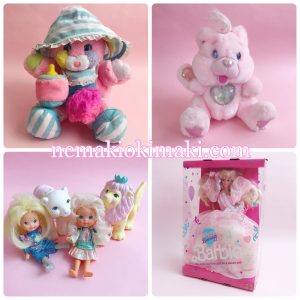
↑ Some of the toys I listed. Treasures that supported my youth.
Swallowing my loneliness, and as if in response to my deep self-reflection, the world shifted into the so-called “Age of Air.” Sharing and the cloud were accelerating, and the shift from “ownership” to “sharing” resonated perfectly with the values taking shape within me. In the end, what I gained were language skills that carry me to this day, a strong and toned body, and my university diploma.
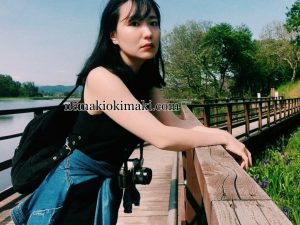
↑ Back when I was dedicated to strength training. My body looks so thin!
After the pandemic eased, I left my parents’ home and spent some time moving from place to place. Each move refined my packing style, evolving from “addition” to “subtraction.” Once, I had been fixated on creating “a space that reflected my individuality,” but now I found beauty in “a space that erased my traces.”
After several relocations, I eventually settled into a share house in Tokyo. The compact 4.5-tatami-mat room felt like the pinnacle of my minimalist journey. About a year later, I fell ill and decided to return to my hometown. Only a week passed between leaving the share house and moving back. I packed the bare essentials into a suitcase and backpack, and rode the Shinkansen home. This swiftness in letting go—surely it would have been impossible without being a minimalist.
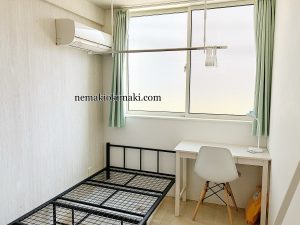
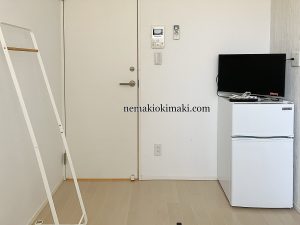
↑ The share house where I spent my second time in Tokyo. I gained confidence in living comfortably even in a small space.
Now, though I’m staying once again at my parents’ home, I don’t have a space I can call “my own room.” Yet that, in itself, is what feels comfortable now. Wherever I am, I can set off at a moment’s notice. That lightness has become, for me, the greatest asset of all.